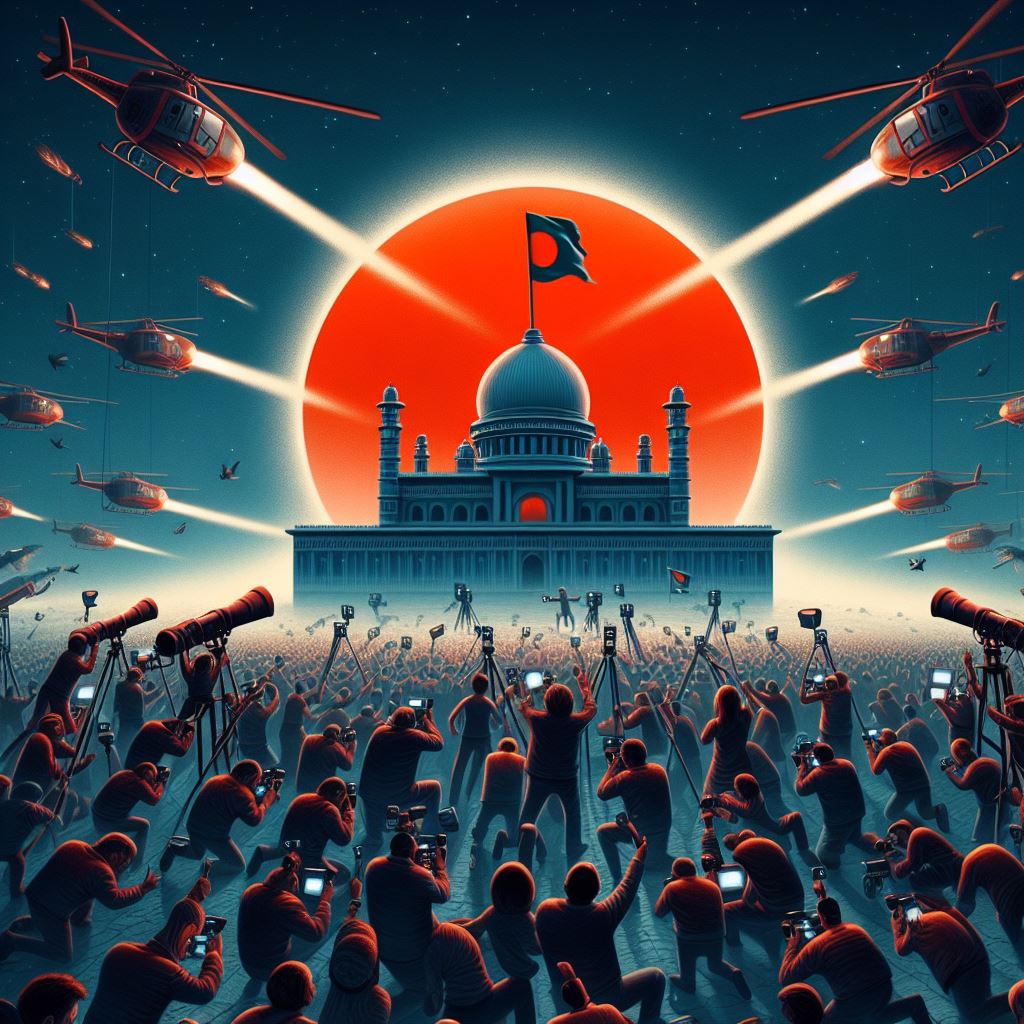Breaking News
The Western Media view on Bangladesh’s 2024 election is wrong…

The 2024 election in Bangladesh was not as unfair as the West claimed. The opposition BNP had decided to abstain from the polls, leaving the ruling party with no choice but to proceed. Despite allegations of irregularities, the election was competitive and diverse, with many independent candidates challenging the ruling party’s nominees. Out of 300 seats, 60 were won by independents, which was unprecedented in Bangladesh’s history.
The political situation in Bangladesh was tense in the run-up to the 2024 election. The main opposition party, the Bangladesh Nationalist Party (BNP), demanded that a neutral caretaker government be formed to oversee the polls. However, the ruling party, the Awami League, rejected this demand, arguing that it was unnecessary and unconstitutional.
As a result, the BNP decided to boycott the election, leaving the field open for the Awami League and its allies. The election was held without any major incident, but with a low turnout. The BNP’s decision to abstain from the election was not due to any political repression by the government, but rather a strategic miscalculation that cost them their chance to challenge the ruling party’s dominance.
However, these claims are not supported by facts or evidence. First of all, the BNP’s boycott was not a result of political repression, but a strategic blunder.
This was a mistake because it allowed the AL to dominate the political scene and claim a landslide victory.
Secondly, the AL’s victory was not as overwhelming as it seemed. The AL only received 49% of the popular vote, which means that more than half of the voters did not support it. Moreover, the AL faced stiff competition from independent candidates, who won 62 seats in parliament, making them the second largest bloc after the AL. These independent candidates were mostly former AL members who had defected from the party due to dissatisfaction with its policies or leadership. They represented a diverse range of views and interests, and challenged the AL’s monopoly on power.
Thirdly, the election was not marred by widespread violence or fraud. There were some isolated incidents of clashes, attacks, and irregularities, but they did not affect the overall outcome or credibility of the election. The Election Commission deployed more than 600,000 security personnel and observers to ensure a peaceful and fair conduct of the polls. The international community also praised the election as “largely peaceful” and “orderly”.
Therefore, The West view on Bangladesh’s election was wrong. The election was not a farce or a mockery of democracy, but a reflection of Bangladesh’s political reality. The election showed that Bangladesh is not a one-party state, but a vibrant and pluralistic democracy !, where different voices and opinions can coexist and compete peacefully.
- The Guardian view on Bangladesh’s phoney election: a bad day for democracy The Guardian
- As West condemns Bangladesh election, China and Russia embrace Dhaka Al Jazeera English
- Bangladesh: Statement by the High Representative on behalf of the European Union on the parliamentary elections Présidence française du Conseil de l’Union européenne 2022
- Addressing the discontent in Dhaka Hindustan Times
- Hasina remains the high priestess of Bangladesh’s dynastic democracy Al Jazeera English